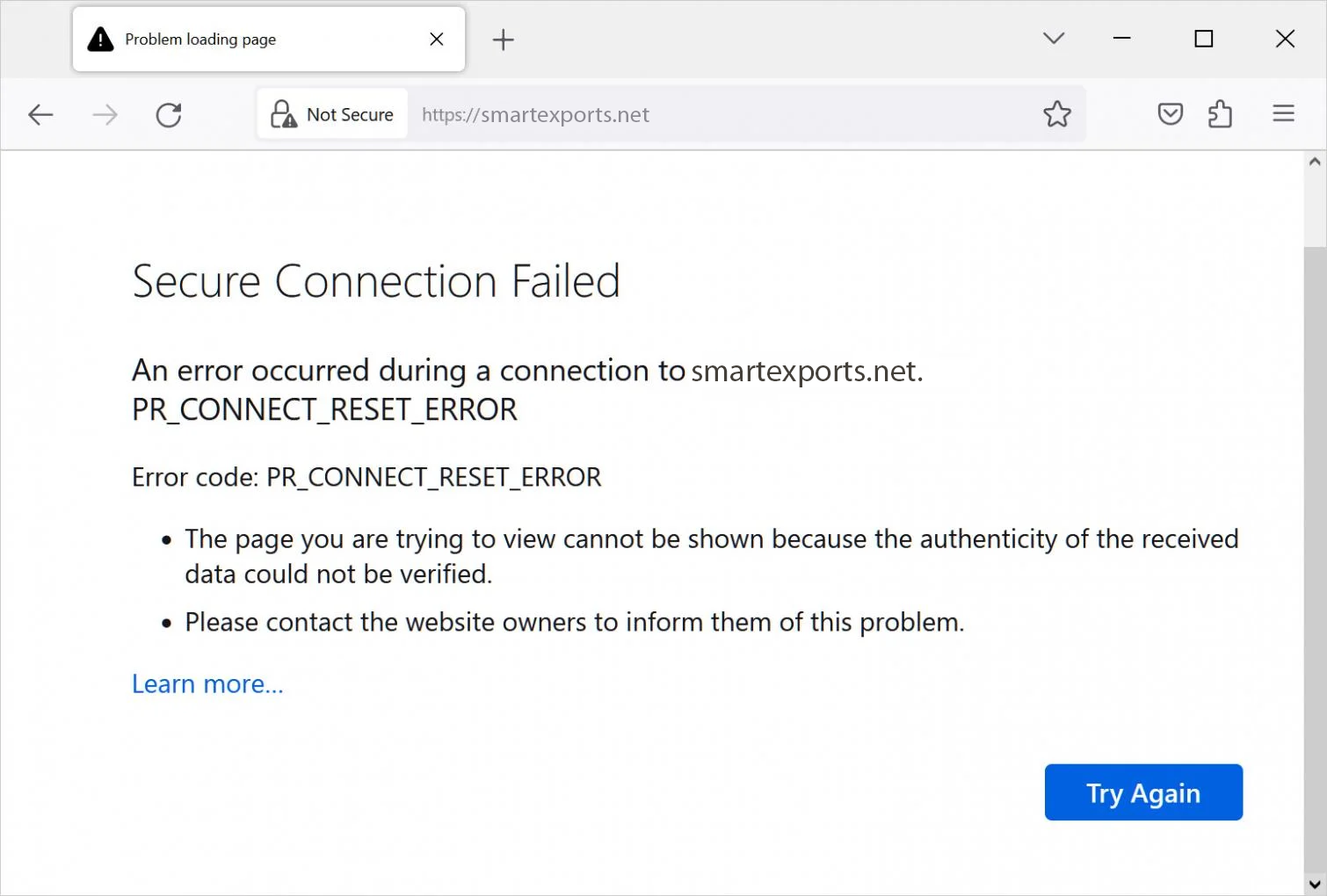India's CERT-In issues warning against 'Royal' ransomware targeting health and education sectors
.png)
The Indian Computer Emergency Response Team (CERT-In) recently issued a cyber alert warning against the "Royal" ransomware, which targets organizations in the health and education sectors.
Ransomware attacks are a type of cyber attack where malicious software is used to encrypt data on a victim's computer or network, rendering it inaccessible until a ransom is paid. Ransomware attacks have become increasingly common in recent years, with many organizations falling prey to these attacks, including healthcare providers, financial institutions, and government agencies.

The impact of ransomware attacks can be severe, with organizations facing significant financial losses, damage to their reputation, and disruption to their operations. In addition to the direct financial impact of paying the ransom, organizations may also incur significant costs in terms of lost productivity, IT support, and legal fees.
Individuals can also fall victim to ransomware attacks, with their personal data and files encrypted and held hostage until a ransom is paid. This can be particularly devastating for individuals who may not have the resources to pay the ransom or recover their data.
To protect against ransomware attacks, organizations and individuals can take several proactive steps. These include regularly backing up data, keeping software and systems up to date with security patches, using strong passwords, and implementing multi-factor authentication.
In addition, organizations can implement security measures such as network segmentation, firewalls, and intrusion detection systems to help prevent and detect ransomware attacks. Training employees on how to recognize and avoid phishing scams and other social engineering tactics can also help prevent ransomware attacks from occurring.
The CERT-In alert warns that the "Royal" ransomware can cause significant damage to critical infrastructure, including healthcare and educational institutions, by encrypting files and disrupting operations.
In conclusion, ransomware attacks are a significant threat to organizations and individuals alike. While the impact of these attacks can be severe, proactive measures can be taken to help prevent them and mitigate their impact. By implementing robust security measures, regularly backing up data, and training employees on how to recognize and avoid phishing scams, organizations and individuals can help protect themselves from the devastating impact of ransomware attacks.






